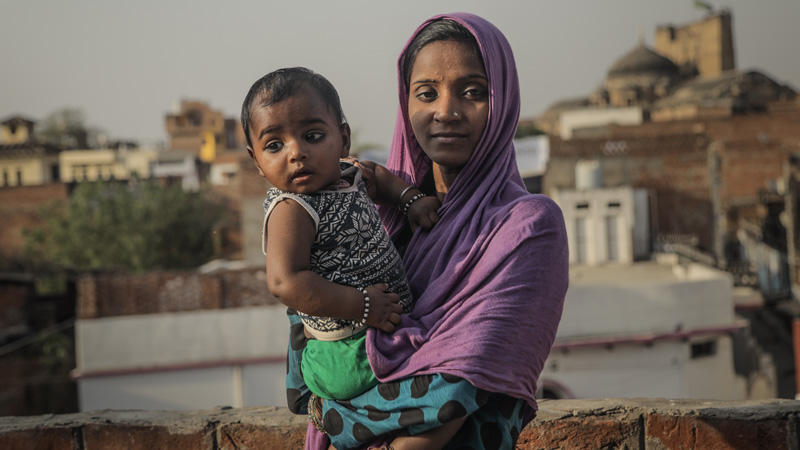Teck is supporting improved health and well-being at the global level through our Zinc & Health program. As one of the world’s largest producers of zinc, Teck is committed to helping solve the global health issue of zinc deficiency through therapeutic zinc, zinc supplementation, food fortification, crop nutrition, and awareness and advocacy. To date, this program has reached more than 140 million people worldwide.
One of our key programs is the Zinc Alliance for Child Health (ZACH), a partnership that includes UNICEF, Nutrition International and the Government of Canada. Since 2011, ZACH has helped provide millions of children with access to zinc and oral rehydration salts for the treatment of diarrhea, the world’s second leading cause of death in children under the age of five. This has been accomplished by training more than 60,000 health-care workers in India, Senegal, Burkina Faso, Ethiopia and Kenya on diarrhea prevention and on management to promote positive health outcomes. These efforts have been focused in countries that have particularly high numbers of child deaths caused by diarrhea.
As part of the ZACH partnership, Teck worked with UNICEF and local partners to train health-care providers in Odisha, India, on diarrhea prevention and management. Odisha has one of the highest infant mortality rates in India, at 51 per 1,000 live births, compared to the national average of 40. The state’s integrated health policy aims to make health care available to all, but many families rely on traditional healers for health-care services.
In the tribal village of Falkunkonda, in the Malkangiri district of Odisha, citizens depend on the local ‘Wade’, a traditional healer, for all of their health-care needs. Most citizens do not have the resources to seek other health-care services or information.
UNICEF and Teck established a way to help ensure this village’s children receive appropriate treatment for diarrheal disease by equipping PARIVARTAN, a local civil society organization, with the resources to train Wades in current health-care practices and, when necessary, provide information on referring patients to other medical facilities. This approach allows the community to continue receiving health care from a trusted source while also receiving improved treatment and information. Local Wades are now better prepared to meet Odisha’s health-care needs and are successfully referring mothers to community health centres, where their children receive lifesaving zinc and oral rehydration salts.
View the work Teck is doing to address each Sustainable Development Goal.

